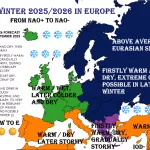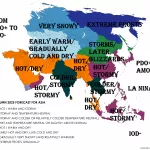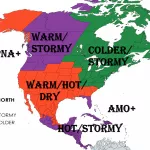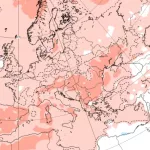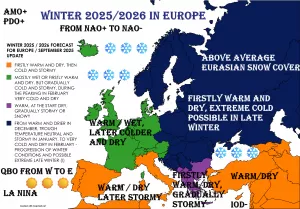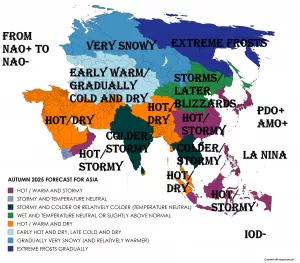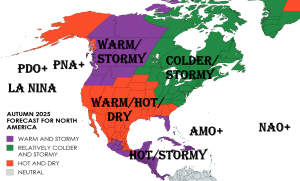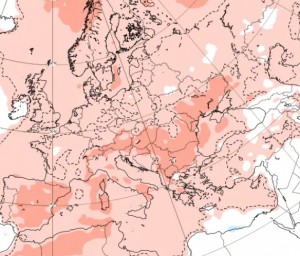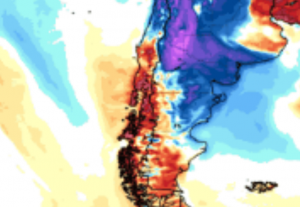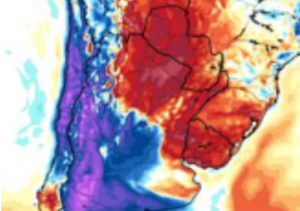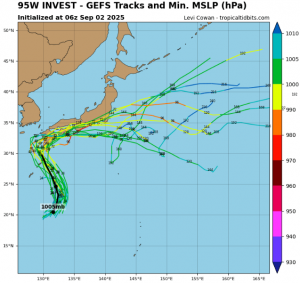
On a remarkable summer night in July 2025, the island of Gran Canaria in the Canary Islands, Spain, experienced its hottest night on record, with temperatures stubbornly holding at an incredible +28.7°C. This unprecedented overnight temperature marks a significant milestone in the island’s climate history, highlighting the intensifying heatwaves affecting subtropical regions.
Gran Canaria, known for its generally mild and pleasant climate due to its Atlantic location and oceanic influence, rarely endures such elevated nighttime temperatures. Nights typically offer relief from daytime heat, cooling down significantly. However, this record-breaking warm night demonstrated a dramatic shift, where the temperature failed to drop, resulting in a tropical night—a phenomenon characterized by minimum temperatures staying above 20°C.
The persistence of such high nighttime temperatures has serious implications for human health, energy consumption, and ecosystems. Heat stress during the night disrupts rest and recovery, increasing the risk of heat-related illnesses. Additionally, it elevates the demand for cooling, placing strain on power grids and infrastructure.
This event is part of a broader pattern of increasing frequency and intensity of heatwaves in the Canary Islands and other subtropical areas, driven by global climate change. Warmer nights like this are an important indicator of changing climate dynamics and underscore the urgent need for effective adaptation and mitigation strategies.
Gran Canaria’s record warm night of +28.7°C not only sets a new local benchmark but also serves as a vivid reminder of the growing challenge posed by climate warming to island and coastal communities worldwide.

Illustration picture: https://www.interhome.com/travelguide/destinations/spain/gran-canaria

